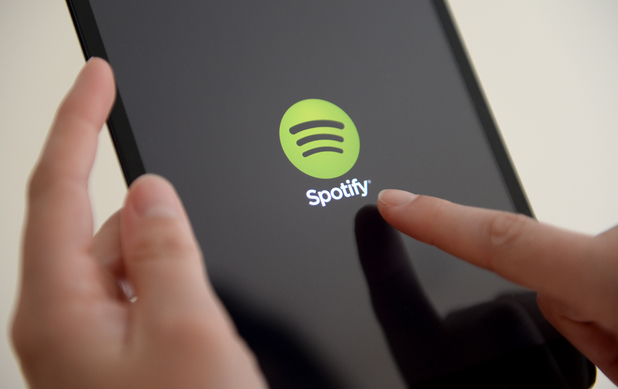
Spotify has become the gold standard of streaming services. For one thing, it’s the service that most people use, so it’s easy to share links and build shared playlists. Spotify also integrates with almost everything too, so playing your music on another device is easy-peasy.
But Spotify is about simplicity and low-cost, while new kid on the block TIDAL wants users to pay more for better quality. Which is the king when it comes to music streaming for the more discerning listener? If you’ve noticed that Spotify doesn’t sound as good as you’d hoped, or you’re interested in high-quality music, then we have some top tips.
But when you come to listen on a good home system, like your Sonos or any hi-fi connected to the internet, you may well start to hear the deficiencies in the sound. For a hi-fi to sound its best, it needs to be fed with music at the same quality as a CD – arguably, even higher.
Although MP3s are small, there are compression systems like Apple Lossless and Free Lossless Audio Codec (FLAC) which reduce the file size substantially, without reducing the quality of the sound at all.
Lossless services
If you want streaming, then there are not really any high-resolution services. For better-than-CD quality, you need to go for downloads. There are loads of services starting to offer this kind of quality now.
Lossless is fast becoming the new growth area for these streaming services, though. Usually pitched at about twice the price of Spotify – around £20 per month – you get access to music in CD quality and delivered in a compressed format that doesn’t lose any quality.
TIDAL
The first of these services to launch in a major way was Jay Z’s recently-relaunched TIDAL, which offers a lot of nice features like music videos and a big library of 25 million or so tracks.
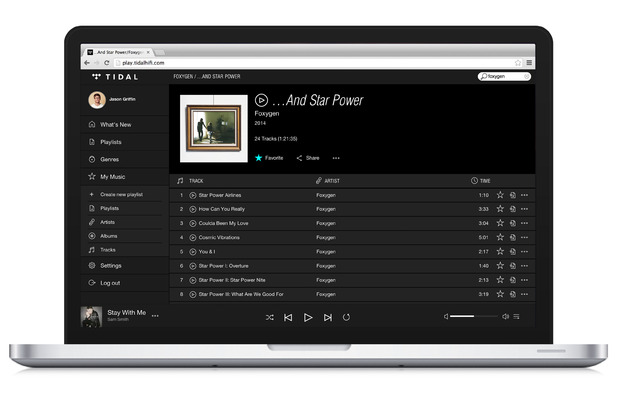
Perhaps the hidden advantage of TIDAL, beyond its great quality, is the fact that it also works on a lot of different devices. Android, iOS and dedicated music systems like Sonos can all connect to its lossless music library.
Costs: £19.99 per month for high-res audio / £9.99 for standard quality
Deezer Elite
This is a newish service, and the big problem with it so far is that it only works via Sonos systems. It will be coming to computers, as well as Android and iOS, at some point soon.
The Deezer library is about 35 million tracks, and the firm claims to have one of the largest subscriber bases in the world.
Costs: £14.99 per month, or £120 per year
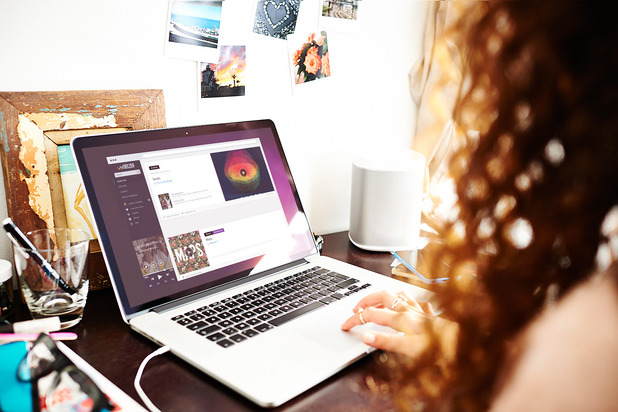
High-resolution downloads
One thing you’ll notice about high-resolution download services is that you won’t have a huge amount of choice when it comes to the tracks available. For example, many modern artists simply don’t offer a high-resolution download for their tracks. This will change – but for now, you may well find your favorite artist isn’t on a high-resolution download service.
There is also some hearty debate about the point of high resolution. While almost anyone can hear the difference between lossless and MP3 music, when it comes to tracks encoded at higher than 16-bit – say, 24-bit – the difference is far harder to spot. Some would argue that increasing the bit depth adds nothing to the overall quality.
Audiophiles argue that there is a lot more to how music sounds than you can “hear”, claiming that your emotional response will vary and that the way sounds interact are crucial. Mind you, if you’d spent £20,000 on an amp and £6,000 on two cables, you might claim it was all super-worthwhile too.
All of the services here offer everything from CD quality, which is 44.1kHz at 16-bit, up to 192kHz at 24-bit.
Onkyo Music and 7Digital
In the UK, Onkyo is known for home cinema – but back in Japan, the firm is much-loved for its stereo music systems. Onkyo has partnered with 7Digital to provide the service, so you should expect the same selection on both.
However Onkyo only does lossless and high-resolution, while 7Digital also offers lossy MP3s on its service, which is why it doesn’t get its own listing here.
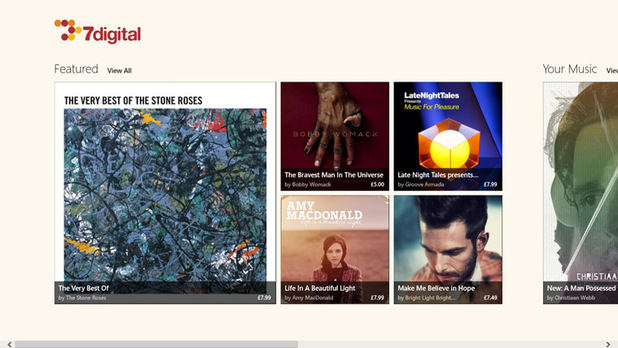
At the moment, The Very Best of John Coltrane is a bargain at £2.99, and Led Zeppelin’s Physical Graffiti is £21.50.
Qobuz
Qobuz is an oddity in that it has both streaming FLAC music for £19.99 per month or a music download service.
It’s also a French-founded service, so you should expect to see some random playlists with French titles and some very continental quirks. It’s a pretty comprehensive service, though, and there’s a really good selection of music across pretty much every genre.
The biggest problem with Qobuz is the awful download interface. If you buy a load of music in one go, then downloading them becomes an exercise in frustration very quickly indeed.
Individual tracks are £1.20 at the lowest, and albums start at £7 and go up to £20. It’s quite easy to search through genres, and Qobuz also offers a way to see just the high resolution music in any genre too.
Technics Tracks
The focus here is largely on jazz and classical music, which is the mainstay of the hi-fi crowd.
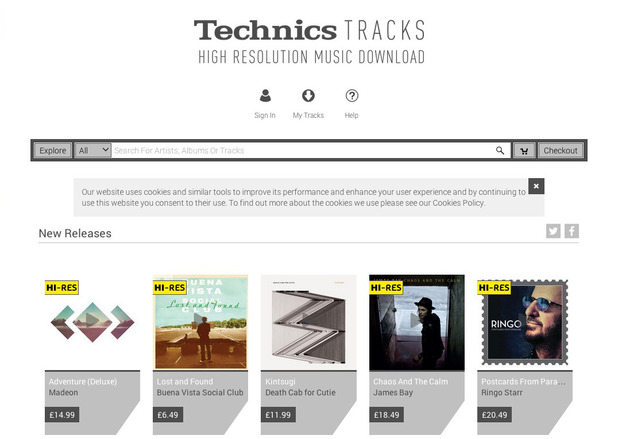
Individual tracks cost from around £1.20, while albums start at about £8 and go up to around £20. [Digital Spy]

